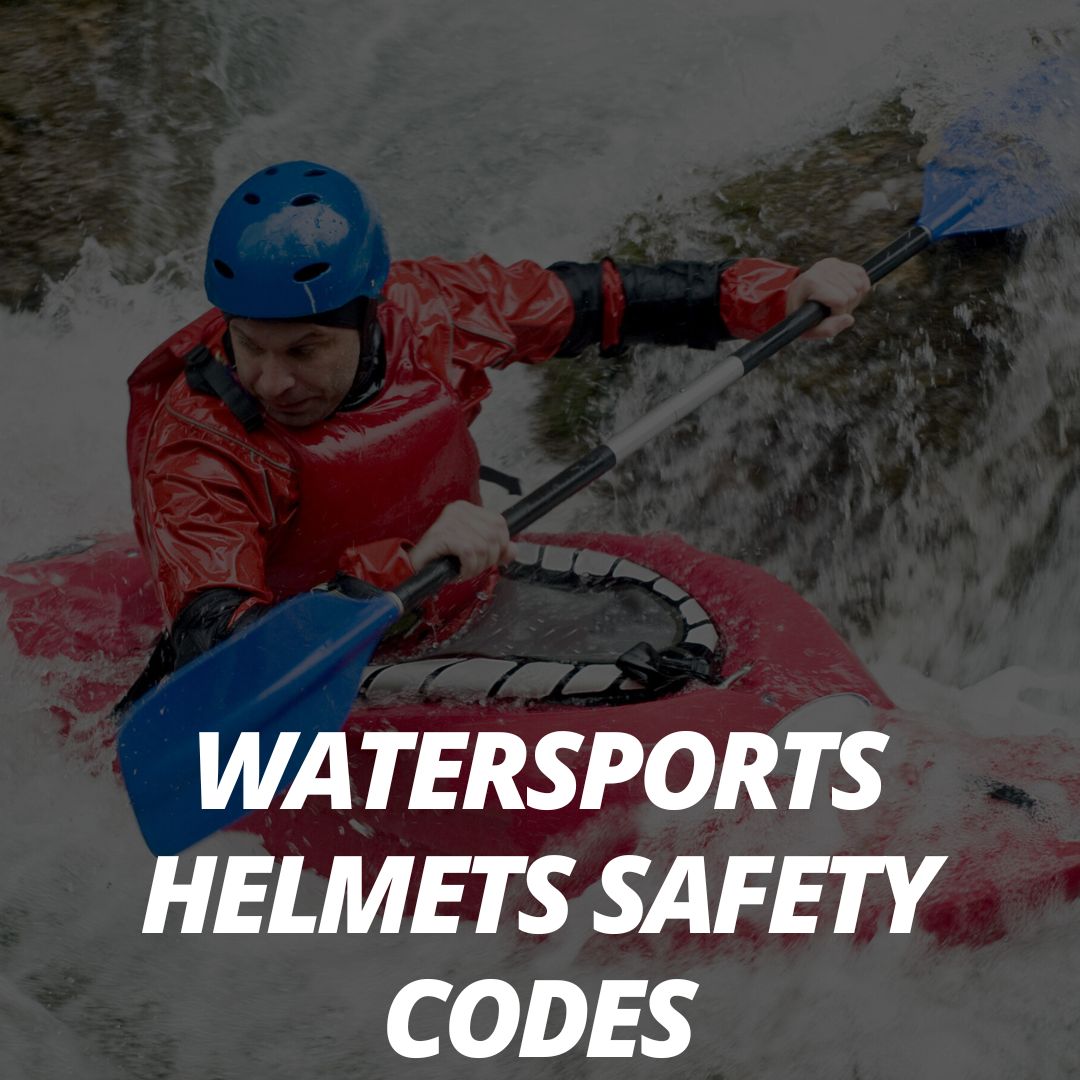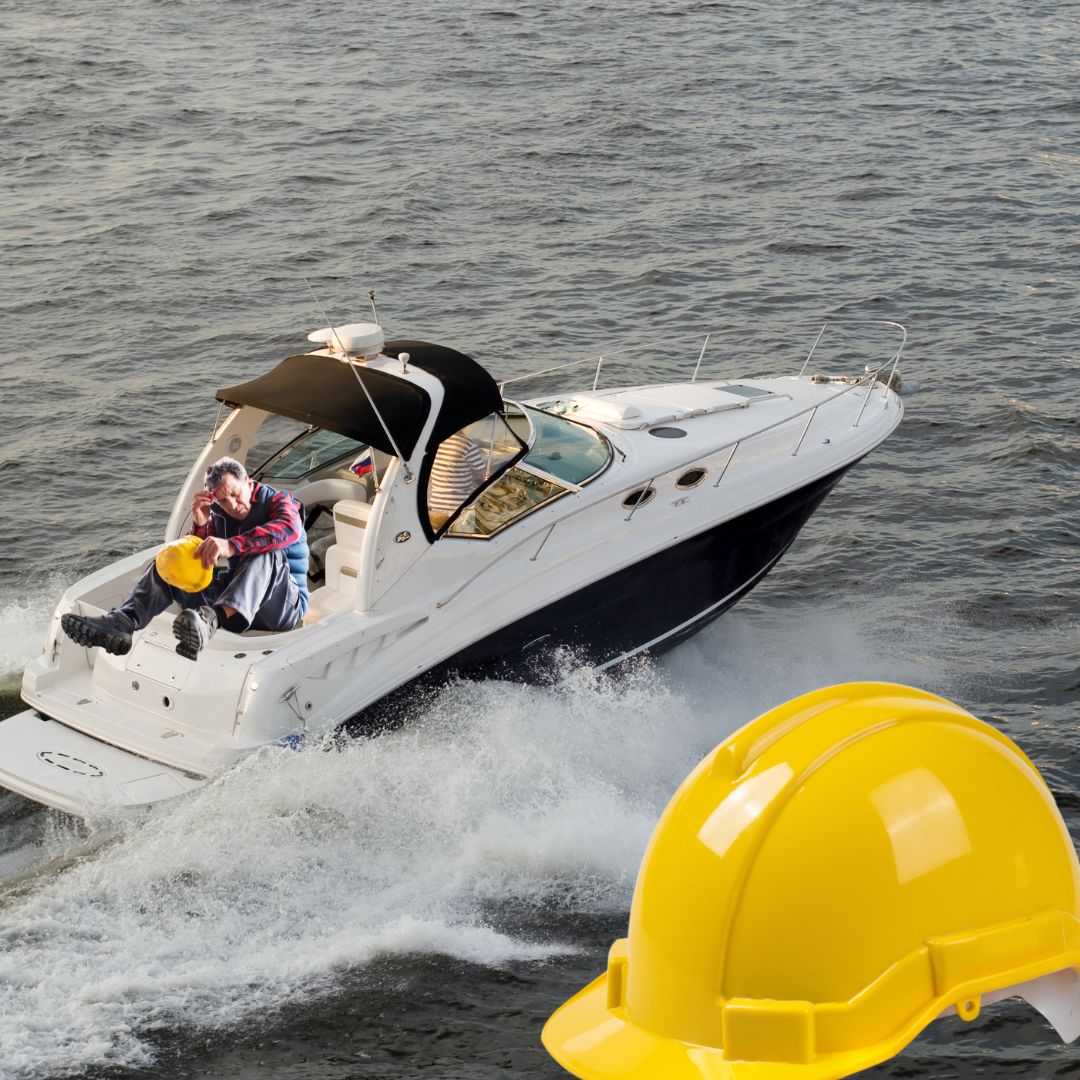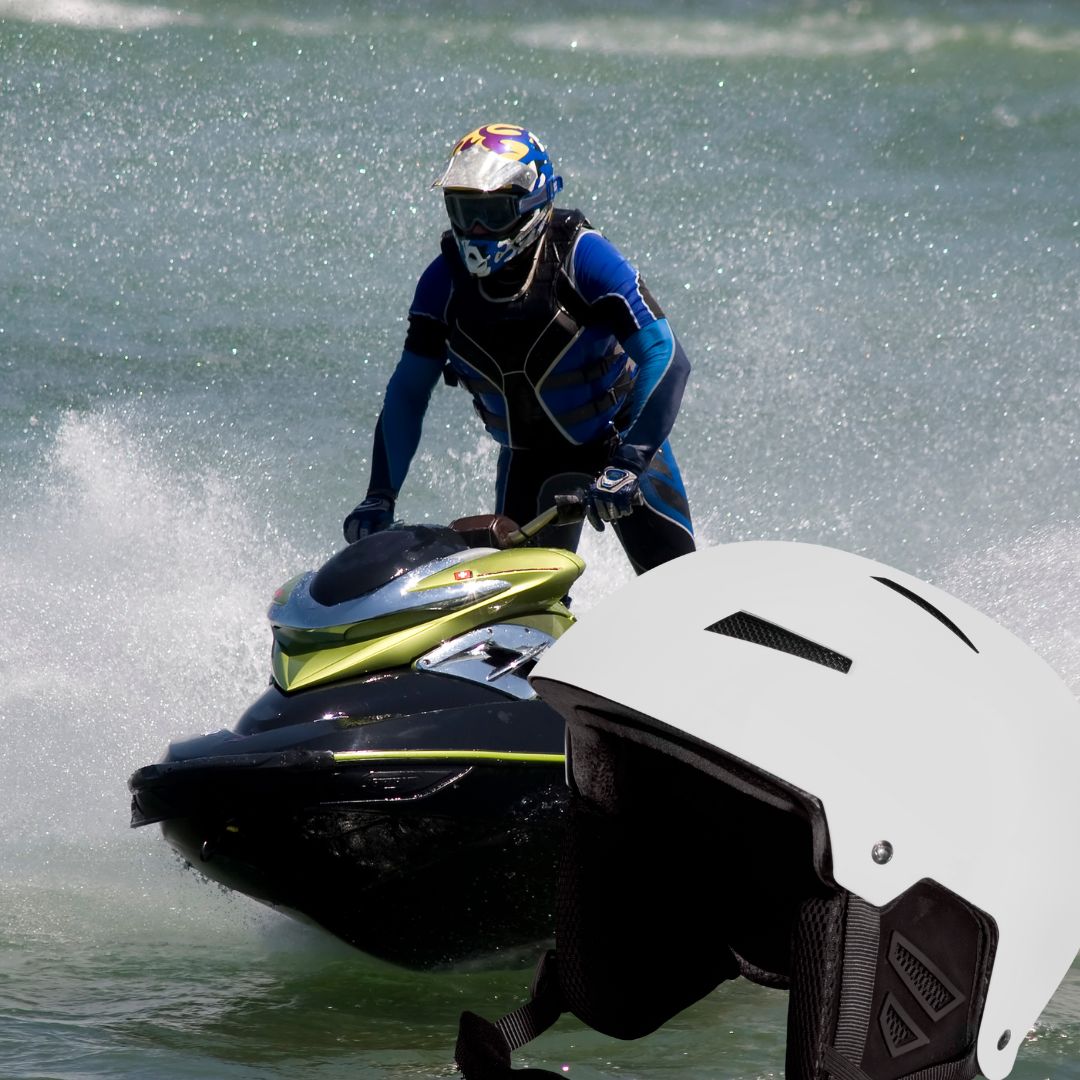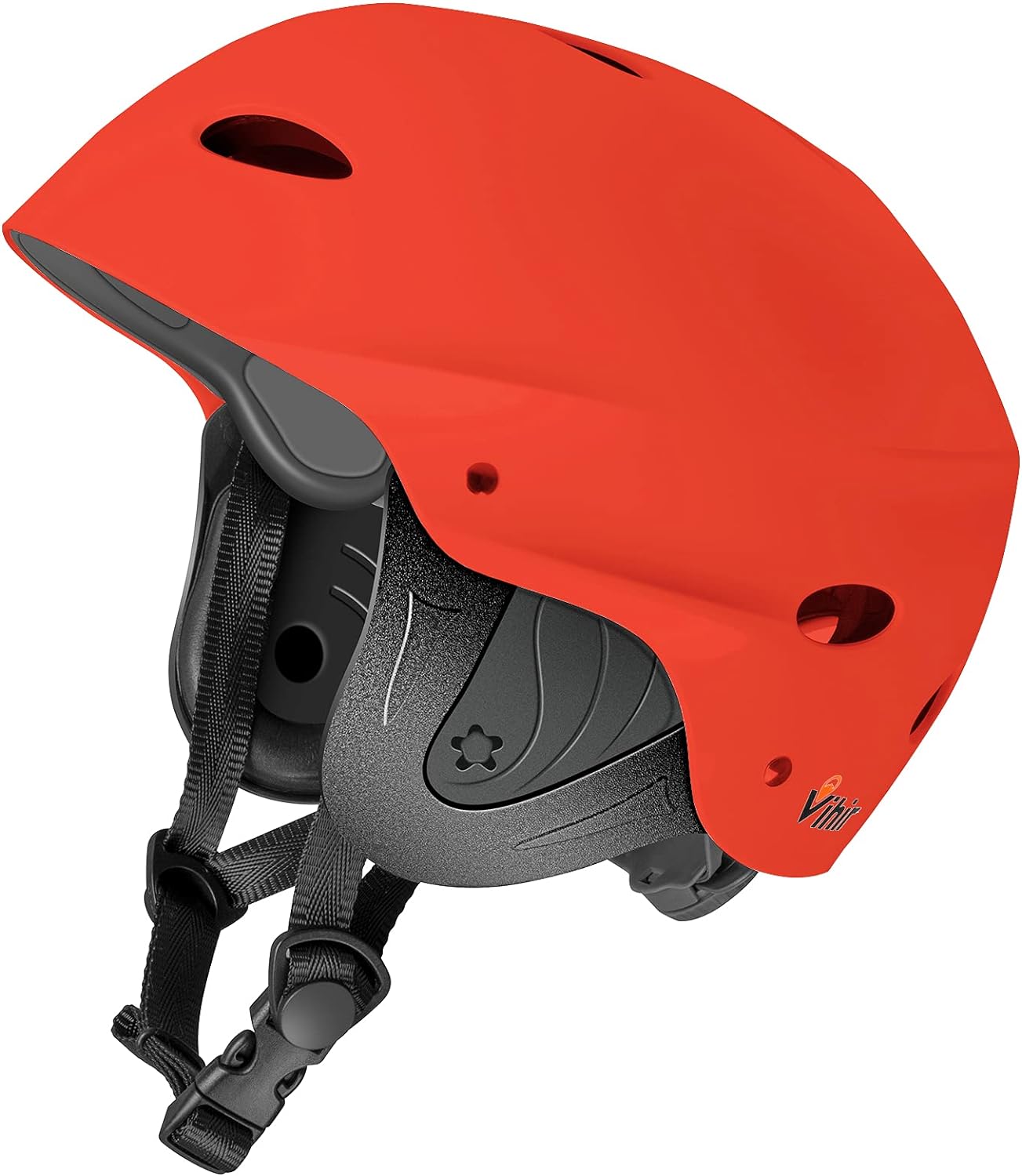Does A Helmet Help In A High Speed Boating Accident
Does a helmet help in a high speed boating accident? It’s one of those questions that might make you chuckle at first, like asking if you need a parachute on a trampoline. But seriously, when you’re speeding across the water, the idea of wearing a helmet isn’t as outlandish as it sounds.
While helmets are a no-brainer for activities like biking or skiing, their role in boating – especially at high speeds – is a bit more nuanced. So, let’s dive in and explore whether strapping on a helmet could actually save the day on the water.
Does A Helmet Help In A High Speed Boating Accident – Why the Helmet Debate Matters
Before we can answer the question, “does a helmet help in a high speed boating accident,” we need to understand the specific risks of high-speed boating. It’s not just about how fast you’re going; it’s about what can go wrong at those speeds.
Risks of High-Speed Boating
- Head Injuries: At high speeds, hitting the water or another object can cause serious head injuries. Helmets are designed to protect your noggin from these impacts, but whether they actually help in boating accidents is still a bit of a mixed bag.
- Neck Injuries: Helmets can be heavy and cumbersome. When you’re moving at high speeds, this extra weight can strain your neck, potentially leading to injuries from whiplash or sudden impacts.
- Drowning Risks: A helmet might protect your head, but if it’s not designed for all water activities, it can become a liability. It might fill with water or get knocked off, making it harder to stay afloat.
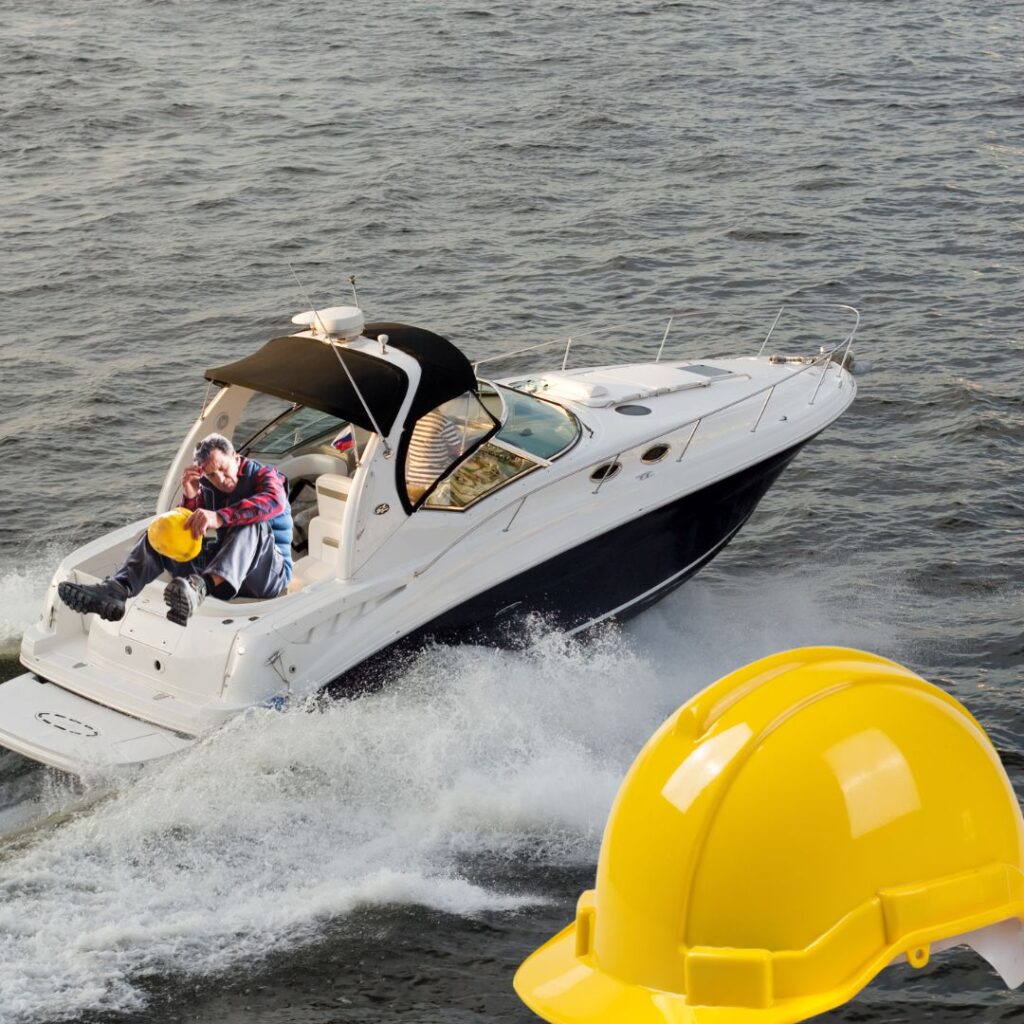
Does A Helmet Help In A High Speed Boating Accident – Pros and Cons
So, does a helmet help in a high speed boating accident? It turns out, helmets have their pros and cons in this scenario. Let’s break them down.
Why You Might Consider a Helmet
- Protection from Impacts: Helmets can be lifesavers if you collide with something at high speed. They absorb the shock and reduce the risk of serious head injuries.
- Debris Protection: Speeding over water can expose you to flying debris. A helmet helps shield you from these potential hazards.
- Visibility: Brightly colored helmets can make you more visible in the water, which is crucial if you’re in an accident and need to be spotted quickly by rescuers.
Why Helmets Might Not Be Ideal
- Neck Strain: The weight of the helmet can cause neck problems, especially if you’re jolted suddenly. This is something to consider if you’re prone to neck issues.
- Risk of Drowning: If a helmet fills with water or comes off, it can actually hinder your ability to stay afloat. In an accident, it might be more of a hindrance than a help.
- Water Drag: Helmets create drag in the water, making it harder to swim if you’re thrown overboard. This can slow you down and make it harder to get to safety.
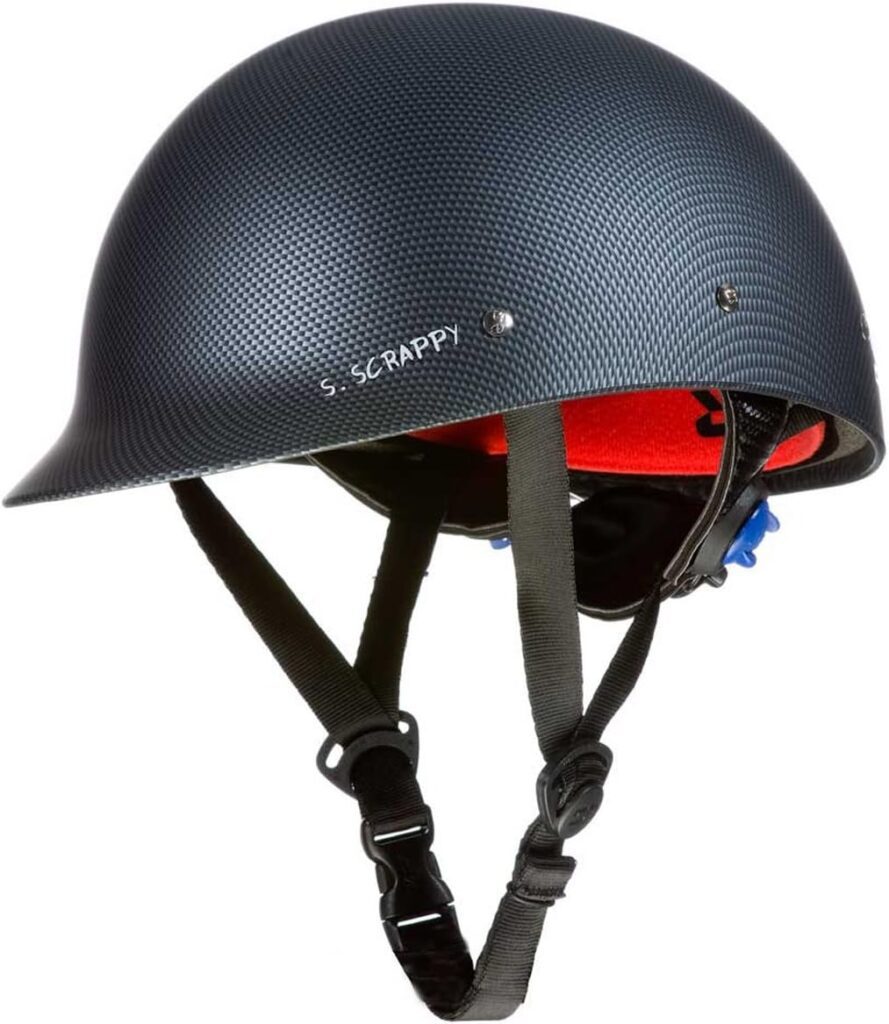
How to Choose the Right Helmet
If you’re still wondering whether a helmet helps in a high speed boating accident, choosing the right one is key. Not all helmets are created equal, especially when it comes to water sports.
What to Look For
- Lightweight Materials: Opt for a helmet that’s light and won’t add unnecessary strain to your neck. The less weight, the better.
- Water Drainage: Helmets for water sports should have features that allow water to drain out, reducing the risk of drowning.
- Visibility Features: Choose a helmet with bright colors and reflective elements to make you more visible in the water.
- Secure Fit: Make sure the helmet fits snugly and securely. It should stay in place during an impact and not get dislodged easily.
Safety Gear Beyond Helmets
While pondering “does a helmet help in a high speed boating accident,” don’t forget about other critical safety gear. Helmets are just one piece of the puzzle.
1. Life Jackets
A life jacket is arguably the most critical piece of safety equipment. It provides buoyancy, keeping you afloat if you’re thrown into the water. A well-fitted life jacket is non-negotiable, even if you’re wearing a helmet. Some life jackets also have additional padding around the head and neck, offering extra protection without the risks associated with a helmet.
2. Impact Vests
Impact vests offer additional protection, particularly for the chest and ribs. These vests are designed to absorb the shock of an impact, which is especially beneficial in high speed boating accidents. Some impact vests also provide minimal head protection.
The Bottom Line on Does A Helmet Help In A High Speed Boating Accident
So, does a helmet help in a high speed boating accident? The answer is complex. Helmets can offer valuable protection against head injuries but come with their own set of risks. Your decision should be based on a careful evaluation of your specific boating conditions and personal safety needs.
